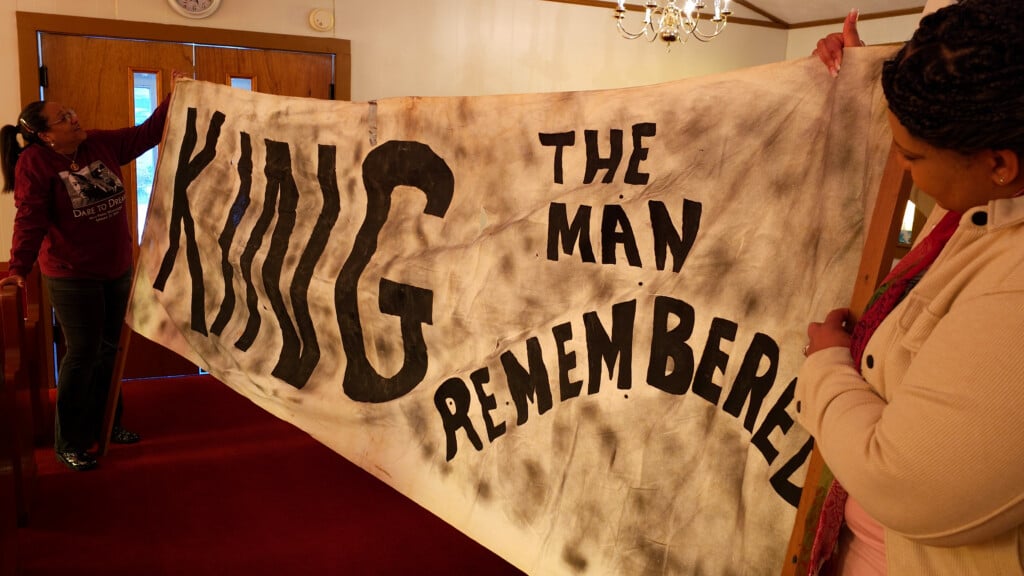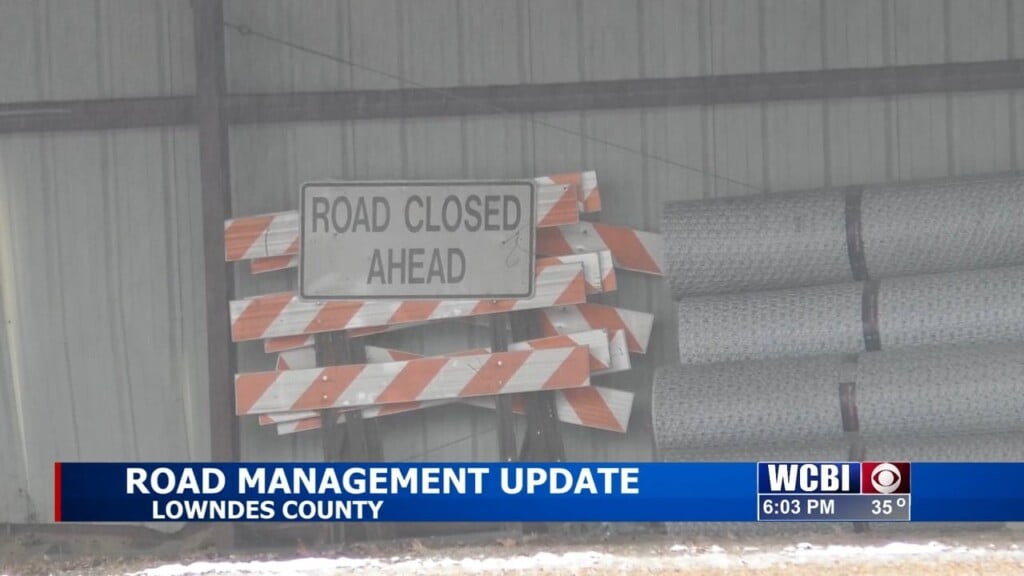State’s Love-Hate Relationship With Federal Spending Continues
By Emily Wagster PettusAssociated Press
JACKSON – Mississippi has a love-hate relationship with federal spending.
Politicians are eager to announce when federal funds flow to the state for a variety of projects, from a few thousand dollars for a local food bank to a few million for a shipbuilding contract.
But candidates win easy applause by pledging to slash spending if they’re elected.
Even incumbents who boast about bringing federal money home to Mississippi have been known to denounce profligate use of federal tax dollars in other states.
Mississippi has been one of the poorest states for generations, and a new study from a nonpartisan group, the Pew Charitable Trusts, reiterates what experts have known for a long time – the state would be hard hit without a steady flow of dollars from Washington.
“Federal spending affects economic activity in every state,” the Pew report says. “One way to gauge its relative importance is to measure total federal spending against total economicactivity – also known as gross domestic product (GDP) – in each state. This provides a standardized yardstick by which to compare spending across states…. Nationally, federal spending in the states was equivalent to 19 percent of state economic activity in fiscal 2013, but that figure ranged from 32.9 percent in Mississippi to 11.6 percent in Wyoming.”
Only the seat of federal government, the District of Columbia, was higher than Mississippi, at 42.3 percent.
The Pew report is not about the sheer number of federal dollars spent in each state. The stacks of federal dollars going to larger states such as California or Texas would dwarf the stack of federal dollars spent in Mississippi. But because Mississippi has a smaller economic output, the federal stack looks proportionately larger in the poor state.
Mississippi’s nonpartisan state economist, Darrin Webb, said in an interview this past week that the state has several entrenched problems related to generational poverty, such as a high level of school dropouts. Large numbers of children are being raised in single-parent homes that are more likely to be poor, he said.
Webb pointed out that while some policymakers believe the influx of federal money has helped, others believe the federal War on Poverty, which dates back to President Lyndon Johnson’s administration in the 1960s, has failed.
“We need both sides of the aisle to look at the problem and how best to fix it because what we’re doing is not working,” Webb said. “Nobody wants people to go hungry. This is a generous state. People want to help folks. They just want to know that their dollars are being effective.”
During the federal budget year that ended Sept. 20, 2013, the federal government spent about $3.1 trillion nationwide in five categories: retirement, nonretirement benefits, grants, contracts, and salaries and wages. Federal spending in Mississippi that year was about $34.3 billion.
The federal government spends money for a wide variety of reasons, including defense, transportation, education, Social Security, Medicaid, Medicare, agriculture subsidies and disaster relief.
Mississippi, so far, has opted to reject hundreds of millions of federal dollars by not expanding Medicaid under the federal health overhaul. Gov. Phil Bryant and fellow Republicans who lead the state House and Senate say they don’t trust the federal government’s promise of future funding for Medicaid, while many Democrats say Mississippi is ignoring money that could improve the health of the working poor.





Leave a Reply